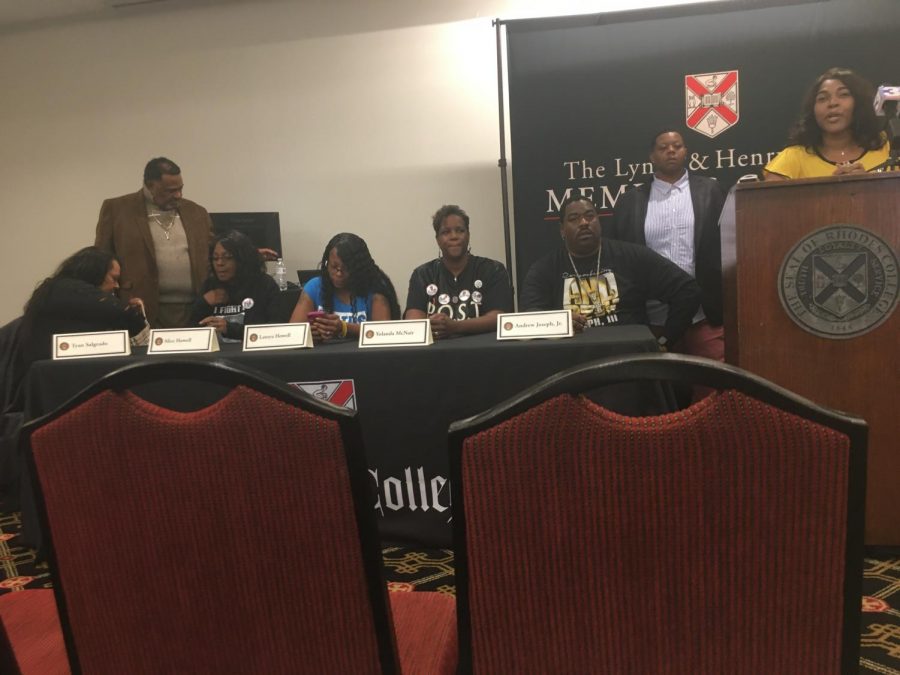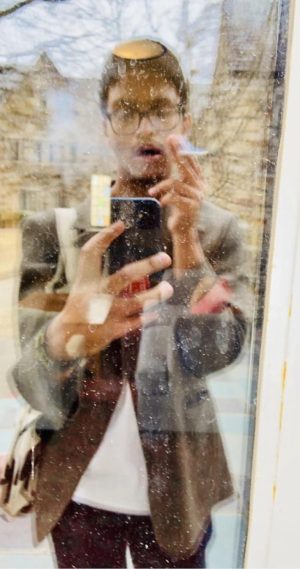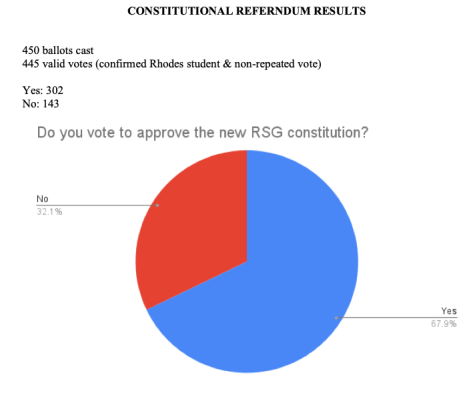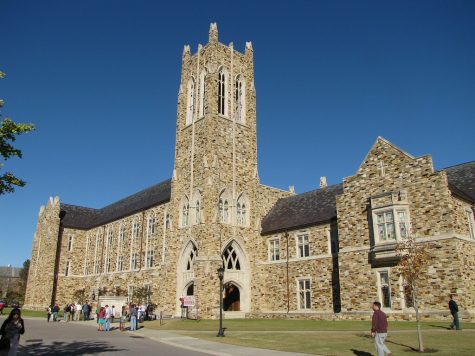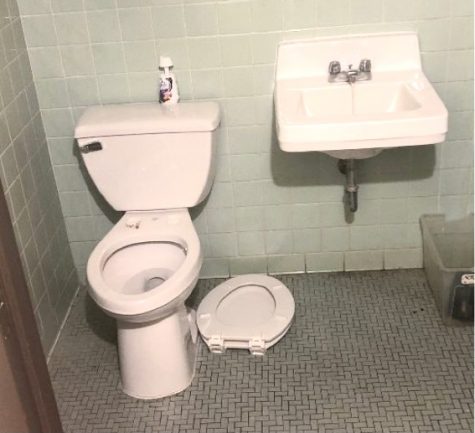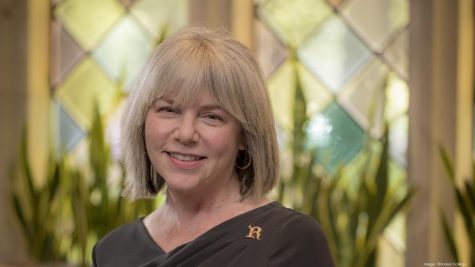An interview Yolanda McNair, whose daughter was killed by Detroit police
November 2, 2019
A dozen family members who have lost loved ones to police brutality and violence came together at Rhodes College on Oct. 25. They sat behind a table during a press conference to share their personal experiences and take control of the narrative so pain can be transformed into power and liberation.
“Like everyone else up here, we are still chasing justice,” LaToya Howell said.
Howell is demanding justice for her son 17-year-old Justus Howell, who was shot twice in the back by a police officer in Zion, Illinois, in 2015.
She was joined by other families who are in Memphis to participate in the “Pain into Power: A Weekend of Empowerment” two-day event that started with a press conference and symposium at Rhodes Friday afternoon.
Of the nine family members was Veda Washington-Abusaleh, the aunt of Alton Sterling, a 37-year old black man, who was shot and killed by police in July 2016.
In 2018 Louisiana Attorney General Jeff Landry announced that no charges would be filed against the two police officers responsible for Sterling’s death after an investigation determined the officers acted in a “reasonable and justifiable manner.”
“He was murdered in Baton Rouge, Louisiana, by two racist police officers,” Washington-Abusaleh said.
Michael Brown Sr., was also present. He is the father of Michael Brown, an 18-year old unarmed teen who was fatally shot and killed by white police officer, Darren Wilson, in the city of Ferguson, Missouri on Aug. 9, 2014. The death of Brown is considered by many to have set into motion profound changes in policing, race relations and society that continue to reverberate.
The event was organized by Dr. Stephanie Cage, associate director of the Lynne and Henry Turley Memphis Center at Rhodes, and Black Leaders Improving Negro Development (BLIND), a grassroots organization founded by Jennifer Cain.
“This event was put together to bring families to the city of Memphis so they could turn their pain into power, show what we in the community can do to come together and to bring awareness about the injustices,” Cain said.
The need for communities coming together is why Yolanda McNair, the mother of Adaisha Miller, said she chose to form her own organization, Protect Our Stolen Treasures (POST), raising awareness and getting justice for their children.
24-year old Adaisha Miller was killed in 2012, long before the Black Lives Matter movement took hold and before Kaepernick’s kneeling captured national attention. McNair said she’s been organizing and protesting since her daughter’s death.
“There was nobody there. Black Lives Matter honestly never reached out to us. I reached out to the ACLU, they viewed it as a black on black crime because the officer was black. Which is outrageous. He’s a cop who is protected by the city,” McNair said.
The Sou’wester sat down with McNair to get a better understanding of the events surrounding her daughter’s death and how it motivated her to become a leading voice and activist against injustice.
McNair is now the president of POST, a nonprofit organization dedicated to providing free services to those affected by police brutality and violence. POST vice president Kimberly Davis was also present. Davis’ son, Kimoni Davis, died during a high-speed chase with police in Ohio in 2015.
“Since there was no one there for us in that way to help, a mutual friend and I came together and had a conversation about how things were going and we said we needed to form something of our own to help us take care the business of getting justice for our children, and that’s out Protect Our Stolen Treasures came about.”
According to McNair, the investigation into her daughter’s death was drawn out until the city of Detroit declared bankruptcy, and then the investigation was suspended. About two months later on a Sunday night, McNair learned while watching TV news that the Wayne County Prosecutor Kym Worthy had closed her daughters’ case and cleared the officer of all wrongdoing.
Since that time McNair says that her attorney claimed he was still working on the case, but when she found out he wasn’t, she had to fire him. During that time, McNair was informed that the statute of limitations for her to file a charge against the officer had run out.
“I’m pretty much stuck with the only option of exhuming my daughter to force them to re-open the case,” McNair said.
“They let my daughter lay in the hospital for 5 hours without notifying me. They had her all her information because she was under my insurance. When I got there, she was wearing a badge with her social security number, her full name, my full name. So they could have contacted me.”
According to McNair, immediately after the death of her daughter, the Detroit police department began to put out a new narrative every day.
“First day the story was that it was a side by side, and the gun accidentally went off. Second day, it was that she was face to face hugging him and the gun went off. Because no one had known where she was shot in the chest yet. Third she was dancing and trying to hug him from behind. Fourth day she’s dancing, trying to get him to dance with her while he’s dancing with his wife. Fifth day she’s doing an exotic dance on the ground and that’s how she got shot,” said McNair.
“They were trying to villainize her in any way that they could to diminish her being a human being or an innocent. Because she wasn’t in the middle of committing any crime. She was simply out celebrating her birthday.”
They are so quick to throw out a narrative out,” McNair said. “The mindset that society has bought into is if there is a black male, whether they are 13, 10, 25, whatever. They are a danger; that’s not true. They are so easy to believe whatever is said about a guy.”
“To try to tear my daughter, this is how this information came out of the last story. One reporter asked me what my daughter did for a living. I said she’s a licensed massage therapist, specializing in physical therapy. That was turned into her being a stripper,” said McNair. “You had to take what she’s done to help people and turn it into her stripping for dollars. My daughter never danced, you can ask 100 of her friends, they’ll say Adaisha never dances.”
“My daughter’s crime was celebrating life,” McNair said.



